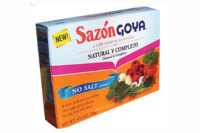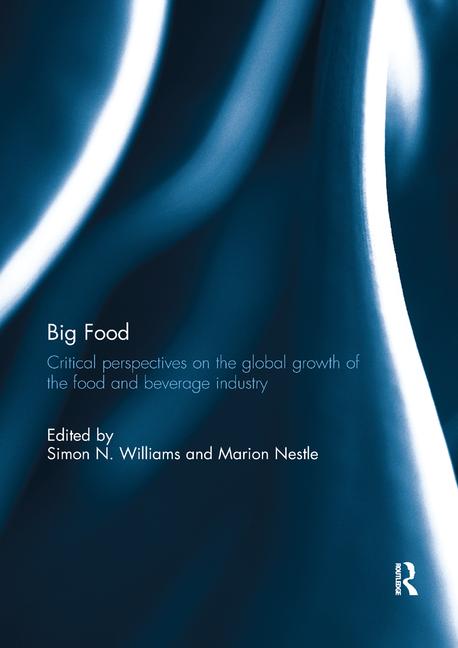Going Global

In the EU, member-states have backed a proposal to allow “no added salt/sodium” claims on foods, per EU Food Law. The regulation proposes to revise the list of approved nutrition claims in the Nutrition and Health Claims Regulation.
And, a University of Calgary report contends that reducing sodium levels in foods could save billions in healthcare costs. “Policy Options for Reducing Dietary Sodium Intake” finds Canadians consume more than triple the recommended 1,100mg of sodium per day, at least three quarters of which comes from processed foods, the report claims.
Ireland has similarly embarked on a public awareness effort surrounding sodium consumption and has seen a 10-15% reduction in the salt content of white and brown breads, dry soup mixes and dry sauce mixes.
Mintel research finds just over two thirds (67%) of Americans are choosing healthier foods to stay well. Based on Mintel’s research, as age increases, so does the likelihood that adults are maintaining a mostly healthy diet. Nearly half (48%) of Americans age 65+ say they pay close attention to how they eat, compared to only 32% of 18-24-year-olds.
“Consumers are more aware than ever of their own nutritional deficits, and what poor eating habits can do in terms of their long-term health,” says John Frank, category manager, CPG food and drink reports at Mintel. “As a result, today’s consumers are seeking out healthy food with greater urgency. However, skeptical or confused consumers aren’t likely to pay a premium for healthier food, making it hard for manufacturers to justify investment in nutritional/ingredient upgrades.”
Looking for a reprint of this article?
From high-res PDFs to custom plaques, order your copy today!






